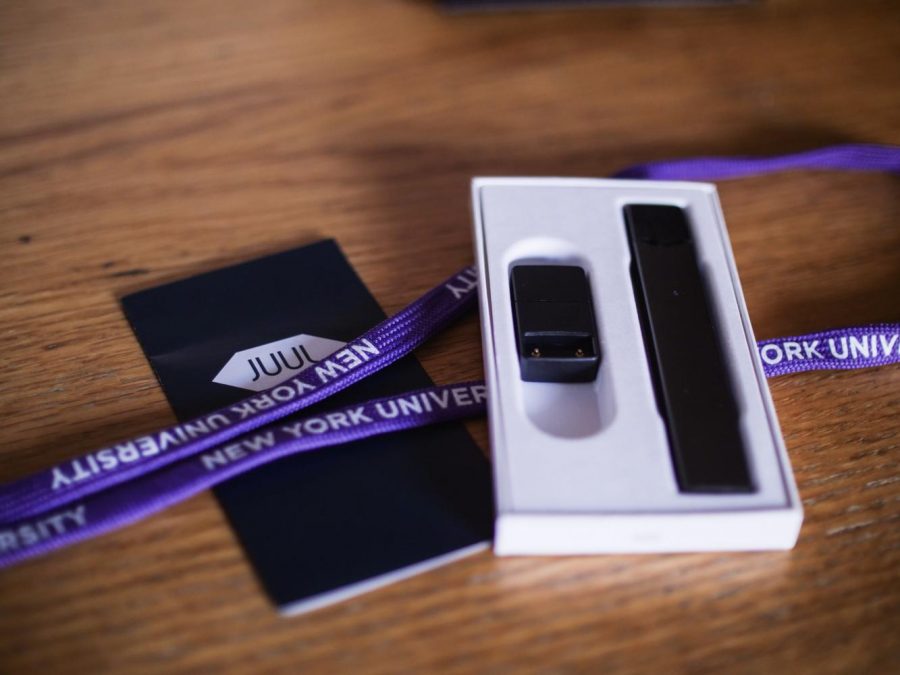A recent study by researchers at the NYU School of Global Public Health suggests that vaping may not be the epidemic it is widely regarded as.
The study looked at statistics from the 2018 National Youth Tobacco Survey, which polled over 20,000 middle and high school students. The researchers aimed to use this data to look deeper into the habits of young smokers. They looked at the frequency of vaping use and co-use with other tobacco products.
The survey measured youth tobacco use by a metric of 30 days. The study found that approximately 86% of youth reported not vaping in the 30 days preceding data collection, according to Allison M. Glasser, one of the lead researchers on the study.
Those who did claim to have used tobacco in the last 30 days reported doing so infrequently.
“We did find that 13.8% of youth reported any vaping in the past 30 days, so having used at least one time,” Glasser said. “But the main thing we found is that of those youth who reported using vapor products, about half of them actually only used 5 or fewer days.”
She added that current and former tobacco users made up the majority of those who claimed they had vaped in the last 30 days.
While a previous study by NYU Langone Medical Center discovered that e-cigarette vapors lead to cancer in mice, the real health detriments of vaping remain foggy.
Dr. David Abrams, a co-author of the study and Professor of Social and Behavioral Sciences, lamented the lack of known information about vaping effects but said he generally approves of it as an alternative to cigarette smoking.
“I have treated addictions in the trenches and I know what they look like,” Abrams said. “I, therefore, am talking from experience with dealing with real addicted smokers, people who struggle with alcohol and cocaine and opioids, and I have never seen anything that could save their lives as well as vaping could.”
The issue of nicotine addiction is one that is close to Abrams’ heart, as both of his parents died from health issues related to smoking. He said this is what drove him to study the issue more closely.
FDA regulation over e-cigarettes is still not concrete, although last March new guidelines were put into place to ensure better management of e-cigarettes and related products as they enter the marketplace.
As a clinical psychologist studying addiction for many years, Abrams offered his solution for the lack of public awareness surrounding vaping issues.
“It can’t be extreme in either direction,” Abrams said. “We cannot do prohibition and we cannot say this is nothing. We’ve gotta thread the needle to balance the good and the bad in a trade off.”
Additional reporting by Emily Mason.
A version of this article appeared in the Monday, February 3, 2020, print edition. Email Lisa Cochran at [email protected].























































































































































